Partnering With The Arc on Inclusive Volunteering Projects
Why Partner with The Arc?
Partnering with The Arc to offer or expand inclusive volunteer opportunities in your community brings you and your organization several benefits.
Inclusive volunteering opportunities help you and your organization connect with people with disabilities, their families, and dedicated professionals. With more than 650 chapters across the country, The Arc and its chapter network support more than 1 million people with I/DD and their families each year. Our chapters offer services to people with I/DD and their families across the lifespan to help them live, work, go to school, and participate in all aspects of their community. When you partner with chapters of The Arc, you and your employees can better connect with people with I/DD and their families.
Offering inclusive volunteer opportunities helps you grow and further your brand. According to a 2013 Fleishman-Hillard Lepere Analytics study, consumers tend to view an organization as the sum total of everything the organization says and does—including giving back or supporting community projects. By developing and enhancing inclusive volunteer programs in your community, you and your organization will show your dedication not only to addressing local challenges but also to supporting social inclusion for people of all backgrounds and abilities. By partnering with The Arc to offer inclusive volunteer opportunities, you will gain a partner with over 60 years of experience supporting people with I/DD and their families to meaningfully share their skills, times, and gifts with their community.
How Can I Partner With The Arc?
There are many ways you and your organization can partner with The Arc. Examples of partner volunteer activities include:
- Building a community garden or sensory garden
- Providing food assistance to people in need
- Collecting and delivering supplies for a local shelter
- Supporting a community event like a festival or fair
- Volunteering at our Wings for Autism® and Wings for All® aviation rehearsal programs
- Teaching people with disabilities how to increase their use of technology (e.g., computers, iPads, screens, and software)
For more questions on how you and your organization can partner with The Arc, contact Jennifer at alexander@thearc.org.

